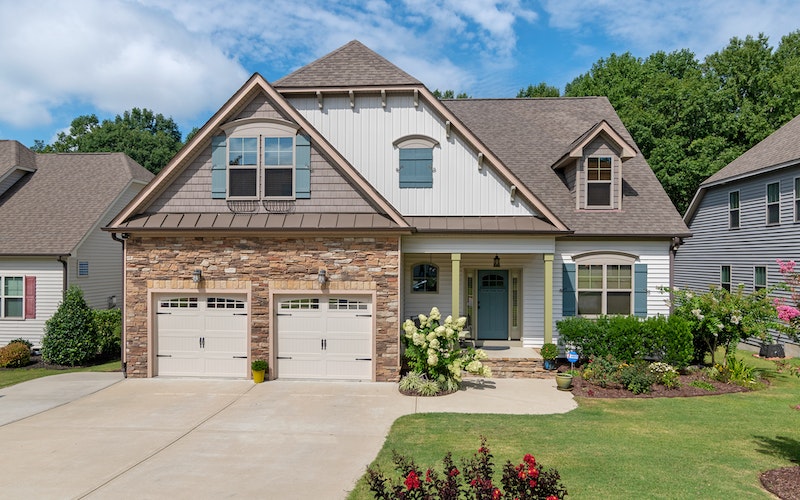Are you a homeowner or landlord with a porch problem? Dealing with a building code violation or trying to dodge getting one?
If so, you need to be aware of the Chicago Building Code regarding porches porch code and the potential liabilities that come with it. Porch cases are no joke, and you should limit your exposure as much as possible.
In this blog, we’ll explore: the laws regarding porches, the Chicago porch code, the responsibilities of landlords and tenants, and how to protect yourself from porch-related lawsuits.
And if you need legal advice, contact our building and land use attorneys at 1818 today.
What is the Chicago Porch Code?
The Chicago Building Code has detailed requirements for the construction of porches. porch code is a set of regulations that govern the construction and maintenance of porches in the city. The code specifies the minimum standards for porch construction, including appropriate materials, proper attachment to the building, and adequate structural support. The code also sets guidelines for regular maintenance and repair of porches to ensure their safety and longevity.
Under the Chicago porch code, landlords and tenants are responsible for porch safety. Landlords are responsible for ensuring that their properties comply with the porch code, and tenants are responsible for notifying their landlords of any issues with the porch.
The Most Common Porch Violations in Chicago
While many requirements are outlined in the Chicago porch code, some violations are more common than others.
Here are some of the most common porch violations in Chicago:
- Rotted or damaged wood
- Missing or loose railings
- Insufficient support
- Failure to obtain required permits
By addressing these common violations and ensuring that your porch meets all Chicago porch code requirements, you can help protect your property and your rights.
Consequences of Non-compliance With the Chicago Porch Code
The Department of Buildings handles code enforcement in Chicago.
Building or property owners that fail to comply can face serious consequences, including:
- Fines — Property owners who do not comply with the Chicago porch code may be subject to penalties. These fines can be significant and add up quickly if the violations are not addressed promptly.
- Legal liability — If someone is injured on your property due to a porch that does not meet Chicago porch code requirements, you may be held legally liable for their injuries. This can result in costly lawsuits and settlements.
- Safety concerns — Porches not meeting Chicago porch code requirements can be dangerous. They may collapse or fail, causing injuries to those who use the porch or those near it. Non-compliant porches can also pose a fire hazard.
- Difficulty selling the property — Properties with non-compliant porches may be challenging to sell. Many buyers hesitate to purchase a property with known safety issues or legal liabilities.
Don’t take chances with non-compliance—consult with a qualified attorney and ensure that your porch meets all Chicago porch code requirements.
Protecting Yourself From Porch-related Lawsuits
As a landlord, it’s essential to protect yourself from porch-related lawsuits. One of the most critical steps is ensuring your property complies with the Chicago porch code. This means regularly inspecting your porch for any signs of damage or decay and making repairs as necessary. Section D of the Chicago porch code includes a checklist to aid your inspection.
However, if you don’t feel comfortable taking care of it yourself, dial 3-1-1 and tell the operator you would like an “owner-requested” porch inspection at your property.
You should also provide each tenant a Chicago Residential Landlord and Tenant Summary outlining porch safety and responsibilities. You may also require tenants to carry renters’ insurance, including liability coverage.
Finally, it’s a good idea to work with a knowledgeable attorney who can advise you on your legal obligations and help you develop a plan for protecting yourself from lawsuits.
Take Action Today With 1818 — Your Trusted Legal Partner
Porch cases are no joke, and as a landlord in the Chicago area, you must be aware of the potential liabilities associated with porches on your property.
If you are dealing with a building code violation or want to prevent one, working with an experienced lawyer who can guide you through the legal process and protect your rights is essential. Whether you are a property owner, developer, or contractor, the right lawyer can make all the difference.
Don’t wait until it’s too late—contact us today to discuss your legal options and take action to protect your interests.



